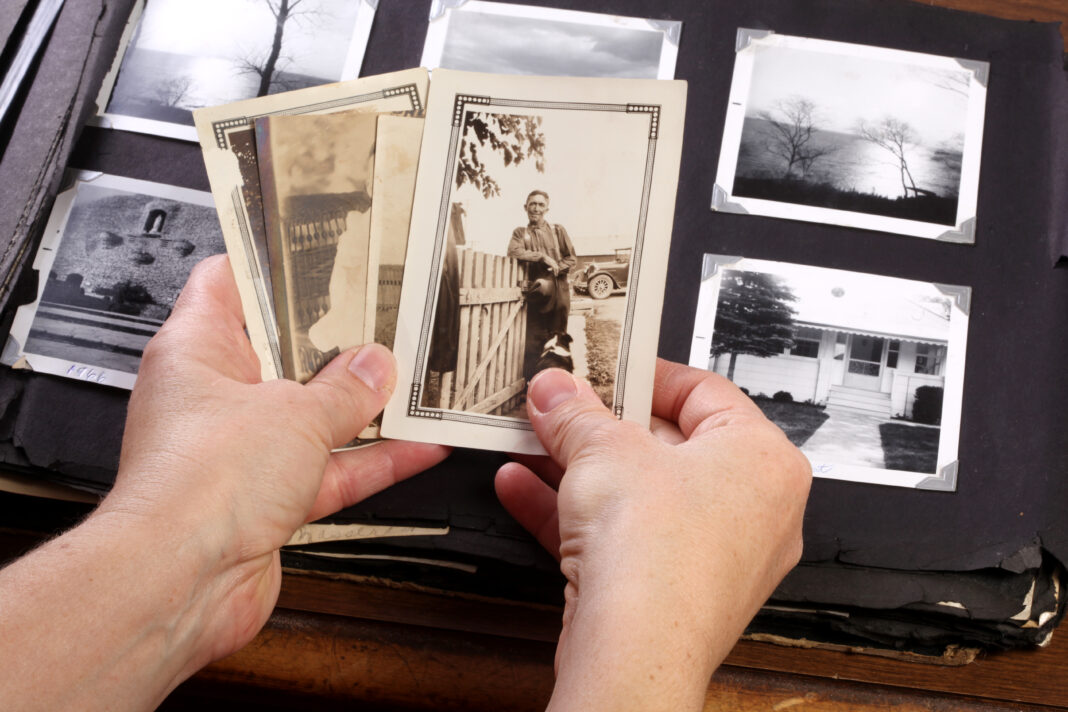What is a eulogy?
A eulogy is a speech given at a funeral in commemoration of someone’s life. It is a tribute to the person who died and can be delivered by family members or friends. Often the eulogy will tell stories from their life and give an overview of their achievements. The eulogy can also be read out by your humanist funeral celebrant, should you wish.
How to write a eulogy
On this page humanist funeral celebrant Alex Collis gives her 11 top tips about how to write a eulogy for a loved one as well as sharing real eulogy examples for you to read.
Answers to the question ‘What is a eulogy’?
As we described at the top of this post, a eulogy is a tribute to the person who has died, written and delivered by someone who knew them.
A funeral is both a chance to say goodbye to someone we love, and a way of celebrating their life. The beauty of a humanist funeral is that they are unique and personal ceremonies. Because each life is different, there are no hard and fast rules for what to include, but they will all include a eulogy or a tribute. Sometimes the tribute is all delivered by the funeral celebrant. Sometimes friends and/or family members will also give a eulogy.
No two eulogies will be the same. Each eulogy is different because it talks about a person who has died and their unique path through life.
A eulogy should reflect the character, personality, achievements and values of the person who has died. You could include special memories of times you shared alongside some of the story of their life. A eulogy gives colour and character to the funeral ceremony, making it even more personal to the deceased.
So how do I write a eulogy?
It can feel like a huge responsibility to write a eulogy. Especially when you’re sitting there faced with a blank page.
How on earth do you fit someone’s life into a few minutes? Will you manage to get it right? To say everything you need to about the person who has died, when they’ve been such an important part of your life.
Keep in mind that there’s no perfect way to write a eulogy! Just do your best and speak from the heart. There is no ‘right’ or ‘wrong’ in this situation – it’s personal to you and your loved one.
Read on for real life eulogy examples and tips on how to write a eulogy.
Eulogy examples
Before writing your tribute, you may find it helpful to read a few eulogy examples written by other people. You can see how they approach it and how different each one is, as well as what they have in common. You can find eulogy examples for a friend, for your mother or father and other funeral speeches too.
The Humanist Funeral Tribute Archive has many eulogy examples and tributes.
These examples of eulogies are real stories from the lives of a wide range of people. The archive is a unique historical collection of humanist funeral eulogies and tributes. Like this example of a funeral for Allan, a Radiological Protection Professional, with eulogies from his wife, children and friends. Or this from the funeral for Anita, a sculptor and lecturer, with eulogy examples from her partner and friends.
There are many different lives shared in the archive, with lots of eulogy examples to inspire you. Take a moment to read through and see the variety of styles, lengths and types of eulogy that people give. Remember, the most important thing is to write something that feels right to you and fitting for your loved one.
What to include when writing a eulogy
Writing a eulogy is a way of paying tribute to someone you love. It is also a creative act and something which will be unique to your loved one and their story. No two eulogies are the same.
There’s no checklist of what you should include, but here are some ideas on what you could include when you write a eulogy:
- Memories of times that you spent together, with a specific example or two.
- Any sayings or habits they had, or any anecdotes about them. When you talk about them, you’ll see the people in front of you smile and nod in recognition.
- Short readings or poems that held a particular meaning for them, or that reflect their character.
- Details of key life events, their childhood or family background.
- Details of their work history and achievements, or their interests and hobbies.
- Any particular words that you would use to describe them, and their character.
- Lyrics from songs that they liked.
There will be lots of different people present at the funeral who knew the deceased in different ways. Telling their story can be a comfort and also a chance for friends and family to see the person who has died in a new light. A eulogy is a way to keep their memory alive.
11 Top tips for how to write a eulogy
Putting together a tribute for a loved one can be an emotional experience in many ways. As a celebrant I’ve seen many different examples and have gathered the following tips for writing a eulogy:
- Speak from the heart. The best advice for how to write a eulogy is to speak from the heart, in a way that fits the person who has died. You’re writing the eulogy to fit the person, rather than fitting them into a pre-designed format.
- Make it personal and conversational.
- Consider how formal to be. If they weren’t a formal person, then don’t make the eulogy too formal. When John Cleese delivered a eulogy for Graham Chapman, he told the mourners that it was ‘one last opportunity to shock you all on his behalf. Anything for him but mindless good taste’.
- Don’t be afraid of laughter. A eulogy doesn’t have to be too solemn, if that doesn’t fit with who they were. Take a look at Jonathan Ive’s tribute to Apple founder Steve Jobs. He talks about his former colleague’s love of ideas, but in a light-hearted and uplifting way.
- Getting started is the hardest part. It can be difficult to make a start, as Cher found when writing a eulogy for her ex-husband Sonny Bono. If you get stuck, try talking to others about the person you’re remembering, such as their family and friends. Sharing memories of someone can be the spark that you need!
- Write a list of words that spring to mind when you think about the person who has died. That can also help get you started. Sometimes putting together a timeline of their life can be useful too.
- Think about what you might say to that person if they were with you. What would you like to tell them?
- Sketch a rough outline with a few key headings, to give your eulogy structure. Then you can start to fill in the details and give your outline some colour.
- Write in plain English and short sentences. This sounds more natural than relying on more ‘flowery’ or elaborate language.
- Aim to speak for around 5 minutes. You don’t have to speak for this long, but it’s a useful guide. If you need to speak for longer, that’s fine too!
- Read aloud. You can write about someone who has died in the third person, or it may work better to address them directly. If you’re unsure, then read the eulogy out loud to see how it sounds.
We hope this post explaining what a eulogy is and how to write one has been helpful for you.
Read more
If you would like some guidance on how to deliver a eulogy then head over to Alex’s next blog post on this topic: How to deliver a eulogy.
Blog Author
Alex Collis is available to conduct humanist funerals in Cambridgeshire and East Anglia. You can find out more about Alex’s ceremonies on her website, alexcolliscelebrant.co.uk and you can follow her on Twitter @alex_celebrant.

Find a humanist celebrant near you
If you’re planning a funeral for yourself or a loved one, you can find your local celebrant via the Humanist Ceremonies celebrant map here.
Further funeral resources
Funeral ceremony ideas and inspiration
Poems of love for a humanist funeral
Uplifting and humorous poems for a humanist funeral








